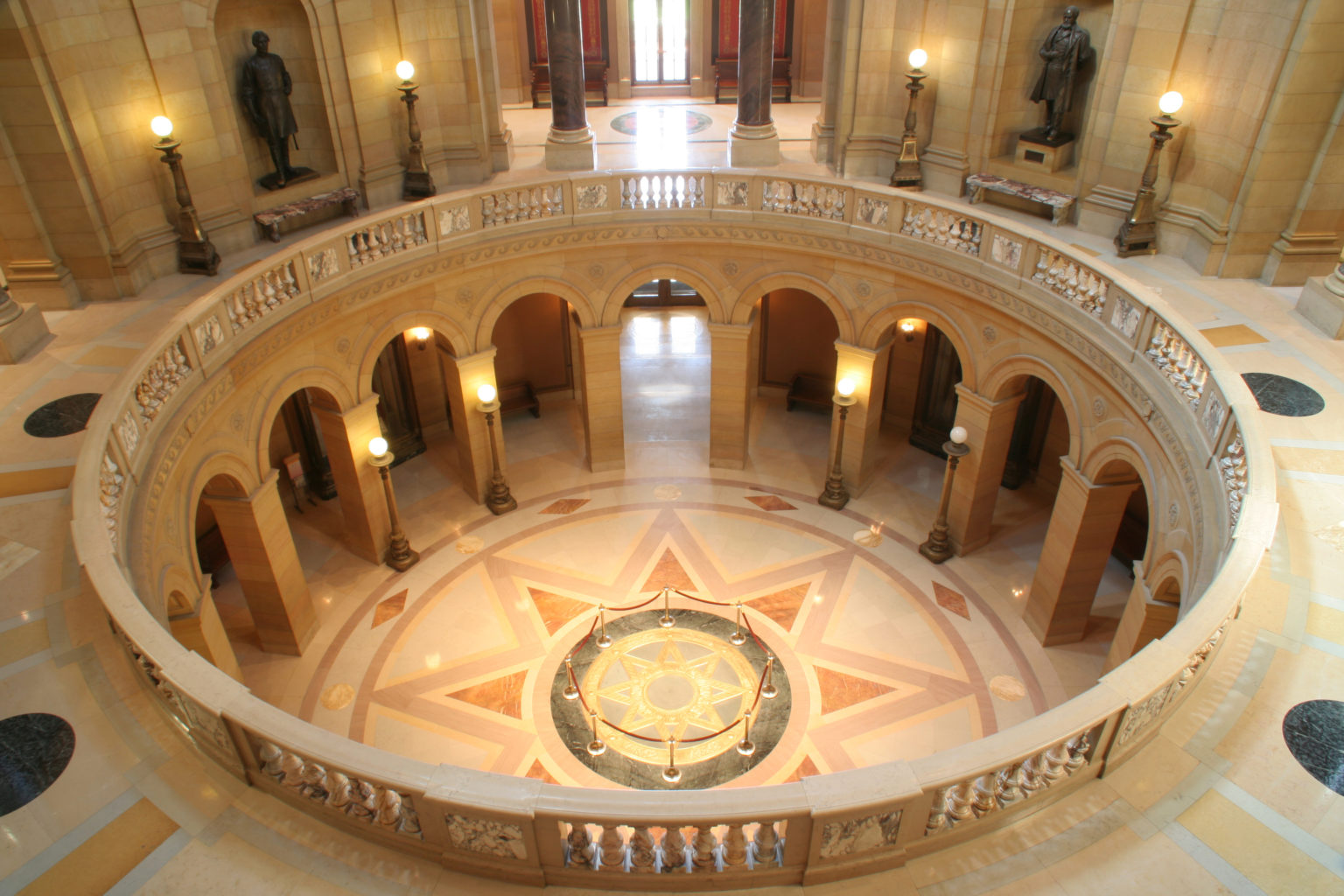As we are distracted by the upcoming election, the start of the next legislative session feels like a long way away. However, legislators will be heading back to the Capitol before we know it. The 2021 legislative session will begin on January 5, bringing a new crop of legislators together to construct a new biennial budget (that will have to address a multi-billion-dollar budget deficit) and push forward policy priorities.
While we do not know which parties will hold majorities in either chamber, we know one thing for certain: The Legislature will continue to operate in an unusual way due to COVID-19. During the second half of the 2020 legislative session and the four special sessions this summer, we saw a nearly 170-year-old process move from a heavy reliance on paper shuffling and in-person work to a process that can adequately be described as a remote and in-person hybrid model.
Packed hearing rooms, Capitol Rotunda demonstrations, closed-door meetings and holding open voting boards for absent members now seem things of the past. In a matter of weeks and in a crisis atmosphere, legislative staff did their best to create committee hearing, floor proceeding, and remote work environments that were functional, albeit imperfectly. Yes, it worked, but there was great criticism for the lack of transparency and there have been calls for reforming.
So, what changes may be made next year to the way virtual lawmaking is conducted?
• The Minnesota House of Representatives is investing in remote voting technology that would integrate biometric security. This change could eliminate the need for the lengthy roll call votes read by the Chief Clerk, expediting the proceedings of that 134-member body.
• The Minnesota Senate has not made any additional changes to its remote voting protocols since March. However, this could change.
• The Minnesota State Patrol has expressed concerns about the ability to monitor large crowds with the number of access points in the Capitol. If Minnesota still has restrictions on large gatherings during the winter and spring, access to the Capitol will likely still be limited. This has lobbyists and advocacy groups reimagining their work.
• The public may have sympathized with the Legislature’s procedural shortcuts in the immediate wake of the pandemic; but the general public and interest groups will be less tolerant of obstacles to their full access to and participation in the legislative process this next regular session go-around.
Even as the state’s response to COVID-19 will continue to evolve, it is clear the next full regular session of the Minnesota Legislature will convene in a different way from years past. Our government relations team is focused on building and fostering relationships (virtually and in person) with current and incoming lawmakers, knowing those relationships will be critical to navigating whatever the waters of the Legislature might look like. While the tactics we use may look different, we are focused on employing smart strategies for our clients to tell their stories in persuasive ways to legislators in these uncertain times.
As we draw closer to the start of the legislative session, please do not hesitate to reach out to our team to help you reimagine your organization’s legislative strategy.
